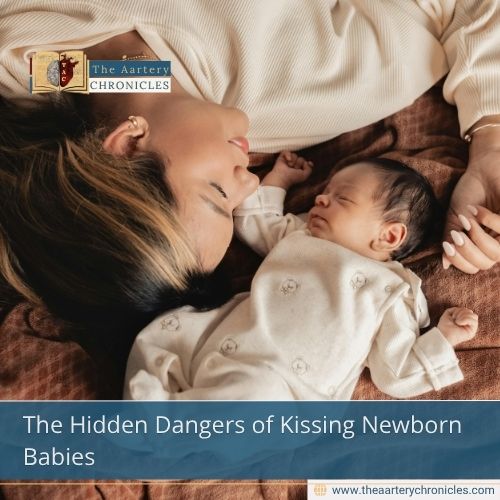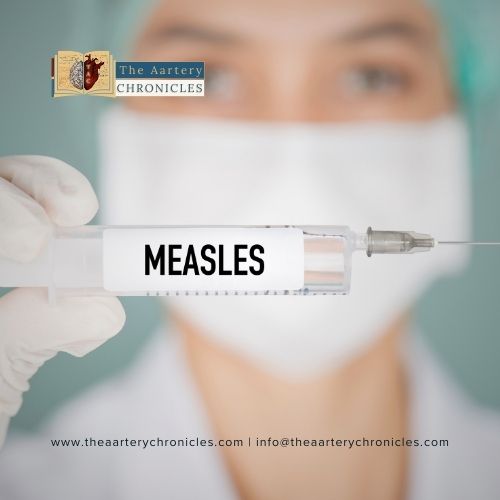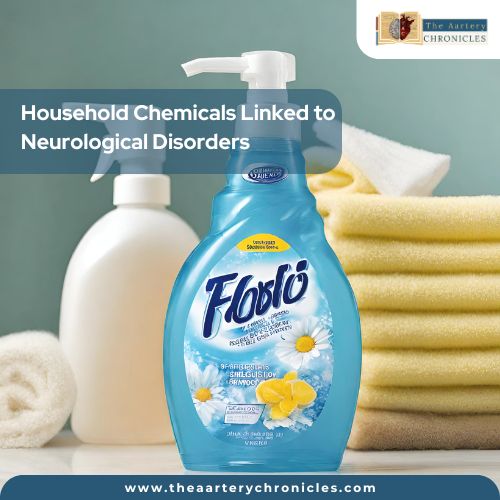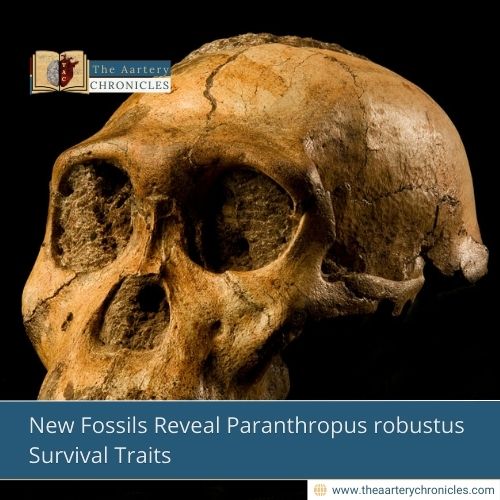

The Hidden Dangers of Kissing Newborn Babies
Summary
Newborn babies look irresistible, but kissing them can silently pass dangerous viruses and bacteria their fragile immune systems cannot fight. This article explains why even harmless germs for adults can become life-threatening for infants and outlines steps to keep them safe.
A tiny kiss on a newborn’s cheek may look harmless, but for that fragile little body, it can open the door to life-threatening infections.
The Susceptibility of Newborn Babies
New born babies have a weak immune system, which gradually develops over time, as they age. They do not possess mature infection-fighting cells to fight harmful pathogens making it easier for them to contract infections from certain bacteria and viruses which may be harmless for adults.
The Research
According to a review published in South Sudan Medical Journal, investigations show that some pathogens that are harmful for the baby can be transmitted by close contact, including kissing.
According to the NHS, if a person with a cold sore kisses a newborn baby, they are transmitting the herpes simplex virus to the baby!
The Endangering Infections
The infections that endanger a newborn baby:
- Exposure to the herpes simplex virus which has fatal consequences. It spreads to the baby’s eyes, mouth, or skin and, upon entering the bloodstream, may result in organ failure.
- Exposure to bacterial infections like Group B Streptococcus (GBS), a life-threatening bacterium. Harmless to adults but harmful to babies, this bacterium can lead to sepsis or meningitis in babies.
- Exposure to E.coli bacteria, is harmless to adults but fatally harmful to newborn babies. It causes severe illnesses and the immune system of the baby cannot withstand this infection.
- Exposure to any germs, infections, viruses, or bacteria that are harmless to adults but harmful to the baby.
Preventive Steps to Avoid Infecting Newborn Babies
- Babies under 4 weeks of age are at the highest risk of catching infections; therefore, it is advisable to avoid close contact with them.
- Avoid close contact with newborn babies if you have a cold, cough, fever, cold sore, or any other infection.
- Wash your hands properly before touching the baby.
- Avoid kissing the baby.
- Parents should restrict family, friends, and well-wishers from kissing or touching the baby’s face.
- Wearing masks when visiting the baby and staying away from crowded places before visiting the baby.
- Keeping the baby in clean and hygienic surroundings.
- Talking softly to the baby; not speaking aloud in the proximity/presence of the baby.
- Avoid crowding around the baby.
Conclusion
We should understand that a tiny baby is not as robust as an adult. However much we feel like kissing and cuddling it, we should know our boundaries to protect it from harm. Babies are vulnerable and we should ascertain that we keep them safe and healthy. Exposure to viruses can be detrimental to the baby’s yet-to-be-developed immune system and health, therefore all required safety precautions must be followed to protect the baby. Close contact with the mother is permitted, but with care so as not to pass on any infections to her baby.
A baby is the best part of your life, so do all that is prudent for the health and welfare of your baby.
"My niece looked so tiny and sweet that I wanted to kiss her, but the doctor said even simple germs could make her sick. That day I learned love sometimes means keeping a little distance.” - Aradhana
The next time you see a newborn and feel that rush of affection, pause and consider the invisible world we all carry. To an adult, a germ is a small bother. To a baby, it can be a battle they are not ready to fight. Protecting them isn’t about holding back love; it’s about offering the kind that keeps them safe to grow, glow, and someday choose whom they want kisses from.
Inputs from various media sources.
- Rupal Sonpal
- Blogs
- 9 November 2025
- 11:00








